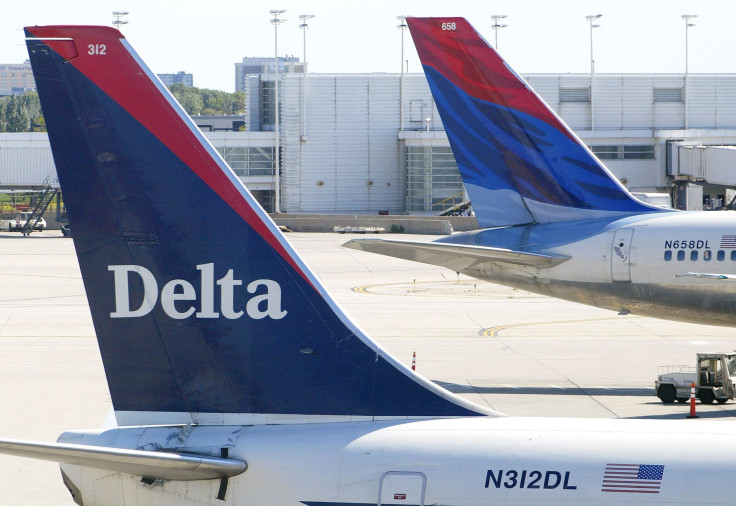Which Airlines Allow Emotional Support Animals? Delta's Rules After Ban

After a series of incidents involving animals on flights, Delta Airlines introduced new, more stringent policies regarding emotional support and service animals. The changes restrict the minimum age of said animals and the kinds of flights they can travel on, per Delta’s announcement.
There are two major changes, which go into effect for customers who book flights on or after Dec. 18. Support and service animals younger than 4 months old are now banned entirely from Delta flights, no matter the length of the flight. Additionally, all support and service animals, regardless of age, are banned from flights longer than eight hours.
“These updates support Delta's commitment to safety and also protect the rights of customers with documented needs – such as veterans with disabilities – to travel with trained service and support animals,” Delta corporate safety executive John Laughter said in a statement.
Delta cited an 84 percent increase in reported problems with animals over the past few years as reasoning for the decision.
Major airlines typically allow support animals on flights, but the rules surrounding the practice have gotten stricter over time. American Airlines, for example, only allows animals that can sit at the passengers’ feet, on their lap or under their seat. They are not allowed to eat from the tray tables on the back of seats.
American, along with airlines like Southwest and Alaska, are all strict about which species can count as support animals. Almost anything that is not a cat or a dog will be denied, according to the airlines’ current rules. They also do not allow animals that growl, bite, urinate or defecate on the plane.
© Copyright IBTimes 2025. All rights reserved.





















